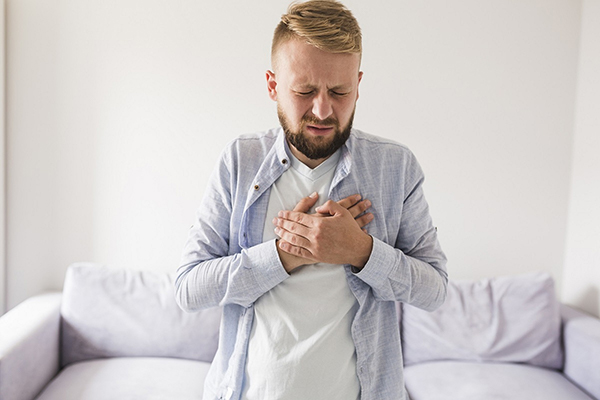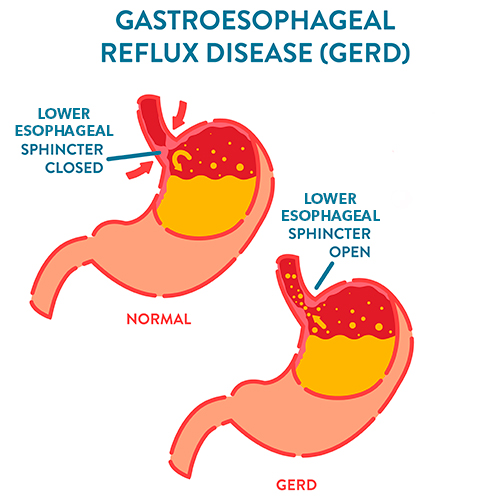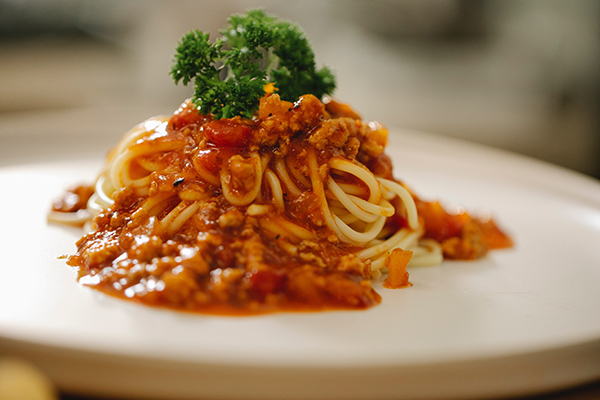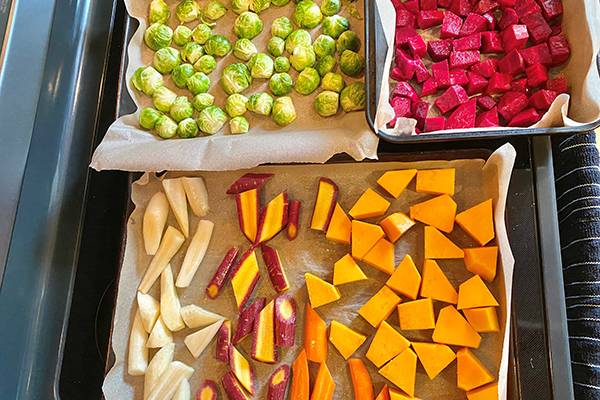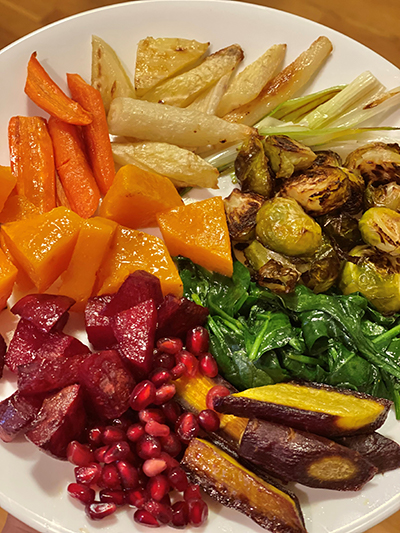Heartburn is the most common gastrointestinal symptom affecting more than ⅔ of the US population, but we’ve all likely had heartburn at some point. Proton Pump Inhibitors (PPI’s), drugs typically prescribed for heartburn symptoms (they reduce the acid production in your stomach), are among the top 10 most prescribed medications.
For those that don’t want to rely on PPI’s, there are many dietary and lifestyle strategies that can help relieve symptoms or even eliminate them for good.
Learn diet and lifestyle changes that can help reduce the most common GI symptom that affects more than ⅔ of the US population - #heartburn. #saslife Click To TweetWhat’s in a Name
Heartburn is the symptom caused by acid reflux.
GERD (gastroesophageal reflux disease) is the chronic, more severe form of acid reflux.
As odd as it sounds, the majority of heartburn is not caused by too much acid in the stomach but by acid backing up into the esophagus. There is a group of muscles called the lower esophageal sphincter (LES) that, when closed, prevents stomach acid and contents from traveling back up the esophagus. We cannot consciously control the actions of these muscles, but there are some things that cause them to relax, which allows the acid from the stomach to reach the esophagus and cause burning or even damage to the tissue.
But stomach acid is not a bad thing. We need stomach acid to breakdown and digest our food as well as to kill bacteria, viruses and other pathogens that we might ingest. Heartburn can also be caused by other issues such as delayed gastric emptying (when food stays in your stomach longer than it should), damage to the protective mucosal layer in the esophagus, hiatal hernia, low saliva issues, and others.
Reducing the Burn
Certain foods can cause the LES to relax, while other foods increase symptoms by delaying gastric emptying, irritating esophageal tissues, etc. If you are having heartburn symptoms, try limiting or avoiding the following foods for at least three to four weeks, then challenge them back in one at a time to see if they are a trigger for you:
- Caffeine – tea, energy drinks, soda, etc.
- Coffee (even decaf)
- Chocolate
- Citrus
- Onions
- Garlic
- High fat or fried foods
- Carbonated beverages
- Spicy foods
- Tomatoes
- Peppermint/Spearmint
- Alcohol
How you eat can also impact reflux-related symptoms. Try these strategies at mealtimes to help reduce or prevent acid reflux.
- Sit down and take a few deep breaths before eating.
- Eat slowly and chew your food really, really well.
- Limit fluids with a meal.
- Stop eating at 80% full – overeating can cause the LES to open, especially meals that are high in fat and/or cause your glucose levels to dramatically increase.
- Stop eating at least 3 hours before bed.
Other things that can impact reflux-related symptoms include:
- Saliva – Adequate saliva helps to protect the esophageal lining by buffering the stomach acid that gets into the esophagus. Consider chewing non-mint sugarless gum after a meal to increase saliva.
- Weight – Having excess weight around the midsection can create pressure on the stomach, causing a relaxation of the LES. Lose weight if needed.
- Restrictive or tight clothing (like spanks or tight-waisted pants) – These can also cause pressure on the stomach and a relaxation of the LES.
- Food allergies, sensitivities, and intolerances – These can also play a role in heartburn by increasing inflammation and irritation of esophageal tissue or leading to bloating causing pressure and relaxation of the LES.
- Nicotine (from any form, not just cigarettes) – It causes the LES to relax.
- Certain Medications – Benzodiazepines, calcium channel blockers and some asthma medications (i.e. xanthine’s and B2 agonists like Albuterol) can cause relaxation of the LES.
- Stress – Stress is a major risk factor for heartburn and can cause the LES to open, reduce saliva production, slow gastric motility, etc.
- Sleep Position – Raise the head of your bed at least 6-8 inches and sleep on your left side to keep the level of gastric acid in your stomach below the esophagus.
Supplements
While you're working on dietary and lifestyle changes, there are some supplements that contain herbs that can help reduce heartburn symptoms such as:
- DGL (Deglycyrrhizinated licorice) – works by increasing mucous production which can soothe and help heal the esophagus.
- Slippery Elm – soothes irritation and helps relieve heartburn symptoms.
- Marshmallow Root – can reduce heartburn symptoms.
Thorne GI-Encap capsules contains these 3 herbs, however, chewable DGL like Klaire Labs Mastic Gum/DGL or 365 Brand DGL Plus seem to be more helpful in healing the lining of the esophagus (and even ulcers).
For individualized help with diet and supplements make sure to talk to your registered dietitian nutritionist.
NOTE: If you are experiencing heartburn on more than an occasional basis, or for longer than 2 weeks, make sure to see your health care provider instead of treating it yourself. Chronic heartburn can be a sign of more serious issues.
Roasted Winter Vegetable Rainbow Salad
Recipe adapted from: SweetPhi
Makes 4-6 Servings
PRINT RECIPE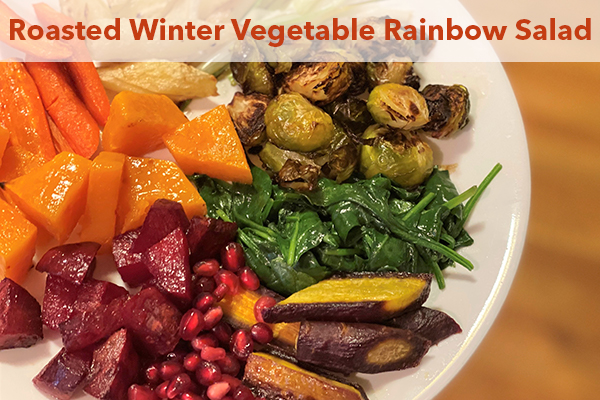
Ingredients
For the vegetables:
- 1 lb beets, peeled and cubed
- ½ butternut squash, peeled and cubed
- 5 rainbow carrots (I used 2 yellow, 1 orange and 2 purple carrots), ends removed and cut into chunks
- 1 lb Brussels sprouts, ends removed and halved
- 1 bunch green onions, cleaned and halved
- 1 tsp salt
- ½ tsp garlic powder
- 2 Tbsp extra virgin olive oil, divided
- 1 bunch of red Swiss chard, washed and chopped (or spinach, kale, etc.)
- ½ cup pomegranate seeds
For the dressing:
- ¼ cup extra virgin olive oil
- 2 Tbsp Dijon mustard
- juice of ½ lemon
- 1 Tbsp red wine vinegar
- 1 Tbsp honey or maple syrup
Directions
1. Pre-heat oven to 400ºF. Line a baking sheet (or 2-3) with parchment paper and arrange vegetables into sections.
2. Gently toss vegetables with olive oil, salt and garlic powder. Bake for about 30 minutes, start checking on vegetables around 20 minutes.
